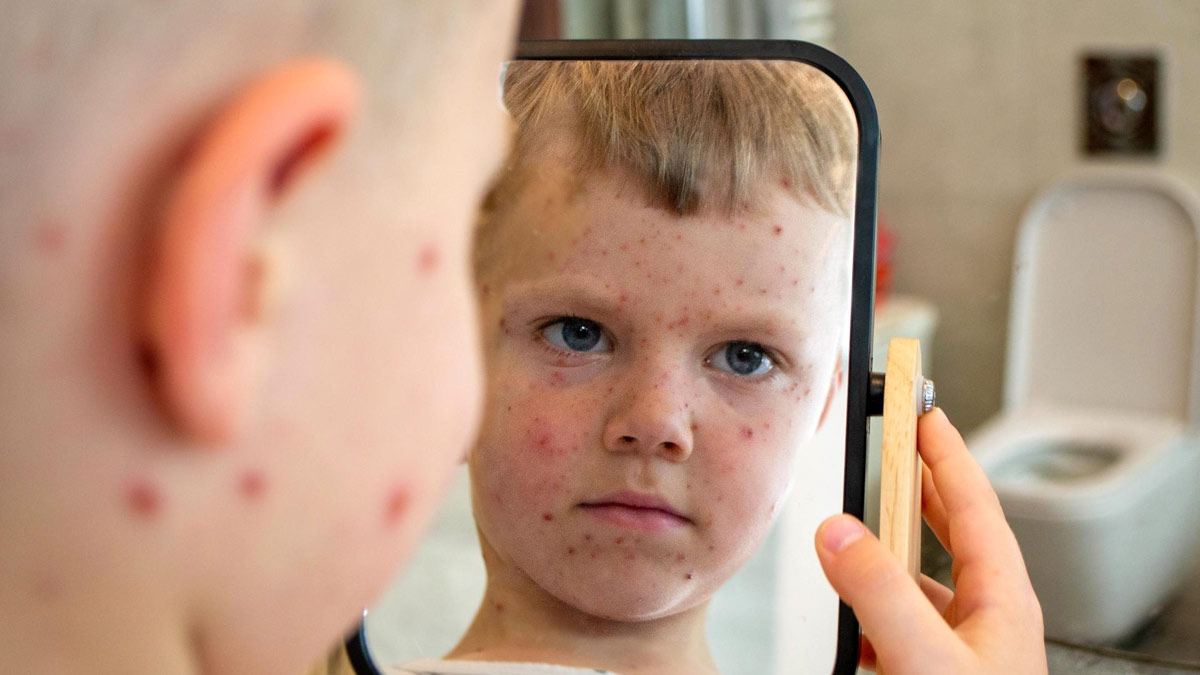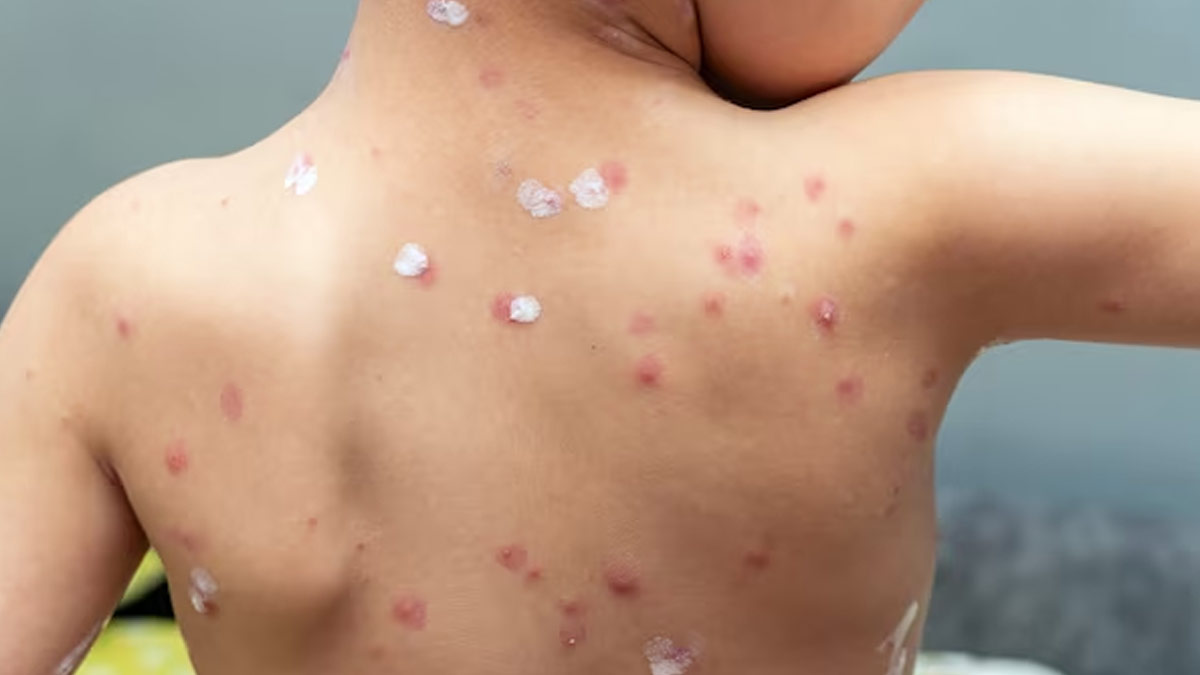
Measles, also known as rubeola or 10-day measles, is a highly contagious viral disease characterised by fever and a distinctive rash. The measles virus spreads through the air via respiratory droplets when an infected person talks, coughs, or sneezes. Understanding the symptoms and taking preventive measures is crucial in controlling the spread of this infectious disease.
Table of Content:-
Talking along the lines the editorial team of Onlymyhealth spoke to Dr Shrey Srivastav, General Physician - Sharda Hospital to shed some light on symptoms and preventive measures for measles. Here is what he shared with us.
Symptoms of Measles
Typically, symptoms of measles begin to manifest about 8 to 12 days after exposure to an infected individual. The initial symptoms may resemble those of a common cold or flu, but they gradually escalate. Here are the key symptoms of measles:
1. High Fever
A persistent high fever is one of the hallmark symptoms of measles. The fever may spike to over 104°F (40°C).
2. Tiredness
Fatigue and lethargy are common during a measles infection, often accompanying the fever.
3. Barky Cough
A dry, harsh cough resembling the sound of a seal barking may develop.
4. Red or Bloodshot Eyes
Inflammation of the eyes, along with redness and irritation, is a characteristic symptom.

Also Read: Expert Shares the Power of Tulsi Leaves to Control Bad Cholesterol LDL Levels
5. Runny Nose
Measles can cause nasal congestion and a runny nose, similar to symptoms of the common cold.
6. Red, Blotchy Rash
One of the most recognisable signs of measles is a distinctive red rash that typically starts on the face and spreads to the rest of the body. This rash usually persists for 7 to 10 days.
7. Sore Throat
Measles infection can lead to throat irritation and discomfort.
8. White Spots in the Mouth
Small white spots may appear inside the mouth, often clustered near the molars.
Also Read: Lingering Cough After A Cold? Expert Explains Reasons For Coughing And What You Can Do About It

Complications Associated with Measles
While most cases of measles resolve without serious complications, some individuals may experience more severe outcomes. Complications associated with measles include:
1. Diarrhoea
Gastrointestinal disturbances such as diarrhoea can occur, particularly in young children.
2. Ear Infections
Measles can lead to middle ear infections, which may cause earache and temporary hearing loss.
3. Pneumonia
One of the most serious complications of measles is pneumonia, a potentially life-threatening condition characterised by inflammation of the lungs.
4. Encephalitis
In rare cases, measles can lead to inflammation of the brain, known as encephalitis, which may result in seizures, permanent brain damage, or even death.
5. Pregnancy Complications
Pregnant women who contract measles are at an increased risk of complications, including low birth weight or preterm birth, which can negatively impact the health of the infant.
Also Read: Lesser Known Health Benefits Of Pomegranate Seeds
Prevention for Measles
Vaccination is the most effective way to prevent measles and its associated complications. The measles vaccine confers immunity, significantly reducing the likelihood of contracting the virus. There are two main types of measles vaccines:
1. Measles, Mumps, Rubella (MMR) Vaccine
This vaccine is typically administered in two doses. The first dose is usually given to children around 12 to 15 months of age, with a second dose administered at 4 to 6 years of age.
2. Measles, Mumps, Rubella, Varicella (MMRV) Vaccine
This vaccine, which also provides protection against chickenpox (varicella), is specifically available for children aged 12 months to 12 years.
Routine immunisation with the measles vaccine not only protects individuals from infection but also contributes to community immunity, reducing the overall prevalence of the disease. It is essential to ensure that vaccination coverage remains high to prevent measles outbreaks and safeguard public health.
A Final Word
Measles is a highly contagious viral infection that can lead to serious complications, particularly in vulnerable populations. Recognising the symptoms of measles and taking preventive measures, such as vaccination, are essential steps in controlling the spread of this infectious disease and protecting individual and community health.
Also watch this video
How we keep this article up to date:
We work with experts and keep a close eye on the latest in health and wellness. Whenever there is a new research or helpful information, we update our articles with accurate and useful advice.
Current Version